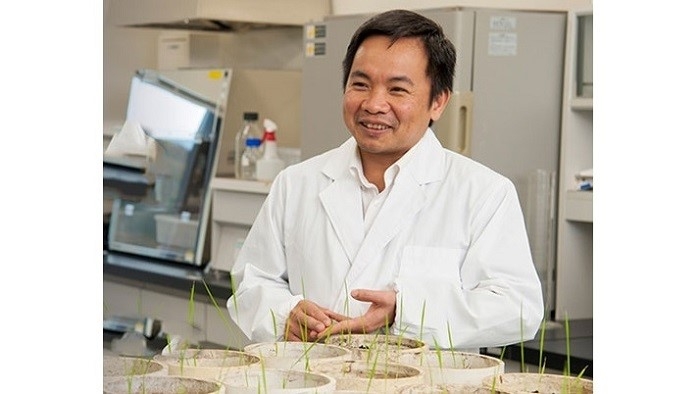Vietnamese scientist finds anti-diabetes compounds in white rice
Research by Associate Professor Tran Dang Xuan, who is working at Hiroshima University (Japan), has discovered and successfully isolated two precious compounds of momilactones A and B, which inhibit enzymes in white rice.
-
 Da Nang invests over 200 billion VND in semiconductor chip design, AI development
Da Nang invests over 200 billion VND in semiconductor chip design, AI development
- PM directs acceleration of scientific-technological development, digital transformation
- Vietnam urged to develop high-quality human resources for digital industry
- Digital payments surge, QR code transactions jump over 150%
- Vietnamese enterprises in race to build AI market
- Criteria issued for evaluating effectiveness of science, technology, and digital transformation
- Vietnam moves to shape future of digital payments
- Vietnam steps into blockchain era
- National digital transformation – new driver for sustainable development
- E-commerce - A 'digital expressway' bringing Vietnamese goods to global markets



